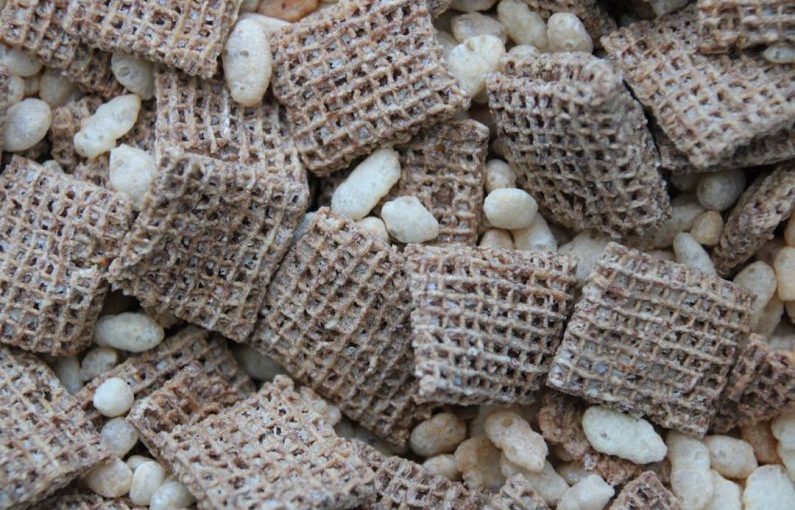When it comes to sweetening your favorite treats and beverages, the options are plentiful. From refined sugar to natural alternatives like honey and maple syrup, there is no shortage of choices. However, one lesser-known sweetener that is gaining popularity in health-conscious circles is rice malt syrup. This gentle sweetener offers a unique flavor profile and a range of potential health benefits. Let’s delve into the world of rice malt syrup and explore why it deserves a place in your pantry.
The Basics of Rice Malt Syrup
Rice malt syrup, also known as brown rice syrup, is a natural sweetener derived from fermented cooked rice. The process involves breaking down the starches in rice into simpler sugars through enzymatic action. Unlike refined sugar, rice malt syrup contains a mix of glucose, maltose, and maltotriose, making it a complex carbohydrate with a lower glycemic index.
Subtle Sweetness without Overpowering Flavor
One of the key characteristics of rice malt syrup is its mild and subtle sweetness. Unlike the intense sweetness of refined sugar, rice malt syrup imparts a more delicate flavor profile to dishes. Its gentle sweetness makes it an ideal choice for those looking to reduce their sugar intake without sacrificing taste.
Versatile in the Kitchen
Rice malt syrup’s versatility extends beyond sweetness. It can be used in a variety of culinary applications, including baking, cooking, and beverage-making. Due to its thick consistency, rice malt syrup works well as a binding agent in recipes, helping to hold ingredients together. It can also be used as a glaze for roasted vegetables or drizzled over yogurt and fruit for a touch of sweetness.
A Healthier Alternative
One of the main reasons why rice malt syrup is gaining popularity is its perceived health benefits. Unlike refined sugar, which offers empty calories and can lead to blood sugar spikes, rice malt syrup provides a slow and steady release of energy due to its complex carbohydrate structure. This can help prevent the energy crashes often associated with consuming high-glycemic sweeteners.
Furthermore, rice malt syrup contains a range of nutrients, including minerals like magnesium, potassium, and zinc. These essential minerals play a vital role in various bodily functions, making rice malt syrup a more nutritionally dense sweetener compared to white sugar.
A Digestive-Friendly Option
For individuals with sensitive digestive systems or conditions like fructose malabsorption, rice malt syrup can be a gentle alternative to other sweeteners. Since rice malt syrup is primarily composed of glucose and maltose, it is easier for the body to digest compared to fructose-rich sweeteners like honey and agave nectar. This makes it a suitable option for those looking to minimize digestive discomfort while still enjoying a touch of sweetness.
Incorporating Rice Malt Syrup into Your Diet
If you’re intrigued by the potential benefits of rice malt syrup and eager to incorporate it into your diet, there are plenty of ways to get started. You can use rice malt syrup as a one-to-one replacement for other liquid sweeteners in recipes, such as honey or maple syrup. Experiment with adding it to your morning oatmeal, drizzling it over pancakes, or using it to sweeten homemade granola bars.
Conclusion: Embracing a Gentle Sweetener
Rice malt syrup offers a unique combination of subtle sweetness, versatility in the kitchen, and potential health benefits. Whether you’re looking to reduce your sugar intake, support your digestive health, or simply try something new, rice malt syrup is a gentle sweetener worth exploring. Add a bottle to your pantry and start reaping the rewards of this underrated culinary gem.





